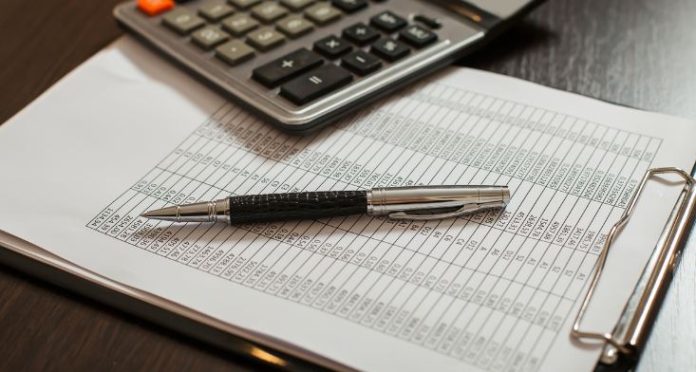A balance sheet is the declaration of the monetary value of a company or an individual in a given span of time. It is usually prepared at the end of a fiscal year or whenever necessary.
A balance sheet is a picture of a company’s overall financial condition.
To create a balance sheet of your home business, there are some terms that you have to know first. Assets are physical objects you own, which have good financial worth.
Liabilities are debts that you or your business owes either to a person or another company. Equity is the difference between the value of the assets and liabilities.
Now that you know these things, you’re ready to prepare a very basic balance sheet. A balance sheet is essential in determining the net worth and the path that your business is likely heading towards.
And with it, you can make the necessary adjustments to your business in order to correct the situation, if and when some values are not pleasing.
The first thing you have to do is to write down your assets. This consists of your cash in the bank, the company’s petty cash, as well as the inventory. Net cash, the accounts receivable and the prepaid insurance are also included.
Real estate properties under your company are also counted as fixed assets and should be tallied accordingly. However, the depreciation cost should be deducted from it.
Then compute your total liabilities. All the payables are included in here. Tax revenues and the other things you have to pay for like duties and charges, loans and mortgages should all be integrated.
After obtaining these two figures, you are now ready to determine your business’s total equity value. With the balance sheet accurately prepared, you are now guided as to what business decisions you should make to further improve the situation.
In a corporate setup, balance sheets are made formal with sections like the executive summary, market and competitive analysis and multi-faceted plans.
The executive summary shows the key elements that are embodied in the business plan, as well as an overview of the industry it belongs to.
The analysis part shows the performance of the company within the market and the assessment of their advantages over the competitors.
A lot of points are considered here, including the company’s geographical location, the demographics, and the specific needs of the market.
The plans integrated into the balance sheet’s report may contain a marketing plan, a management plan, an operating plan and a financial plan.
Those that are implemented previously are analyzed to determine their effectiveness. Alterations to the plans that proved to be unproductive are also proposed.
This is how a balance sheet is created. Big companies really allocate time, effort, and resources to ensure that the report is highly accurate.
And that’s because the values presented there within will be the basis of the company’s future endeavors.
For an individual or a small business, the fancy information that regards to the strategies and assessment can be disregarded.
But the balance sheet’s purpose remains the same. It is a financial paper that shows the company’s growth and development.

